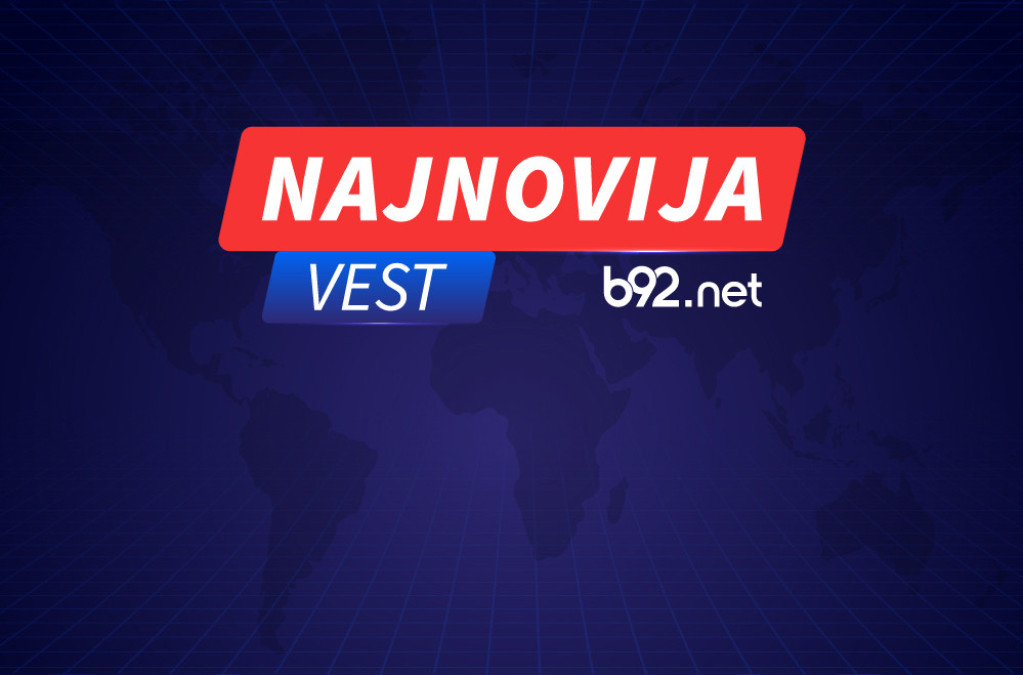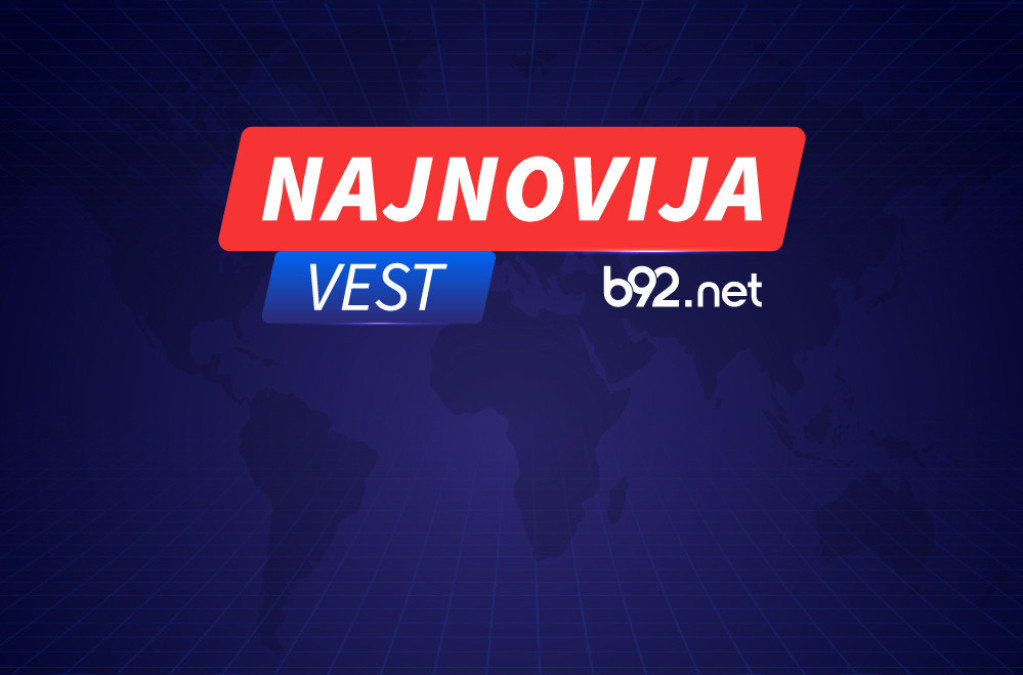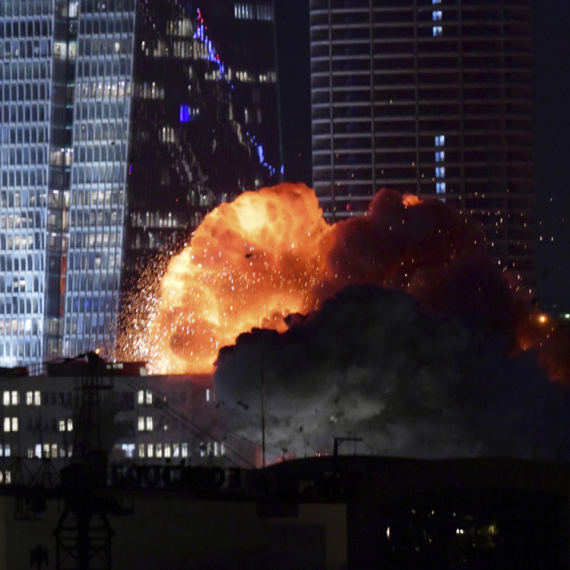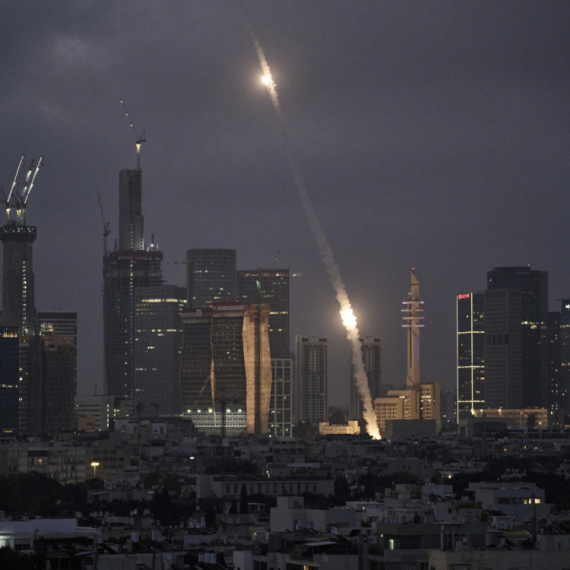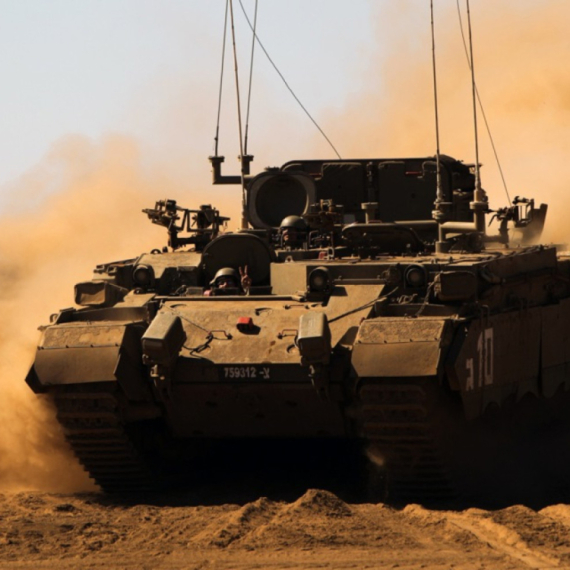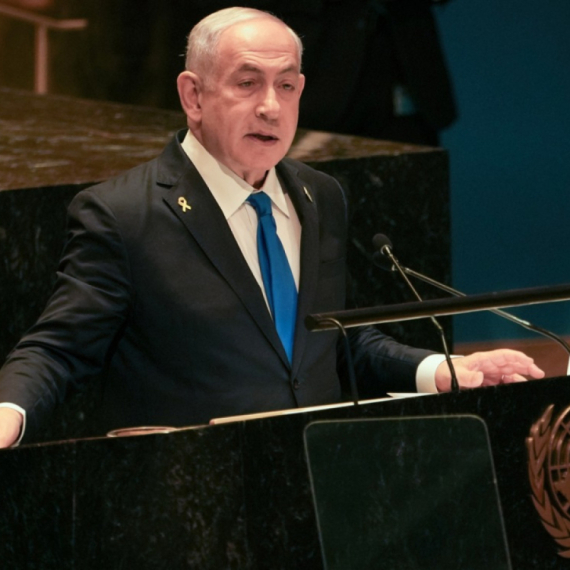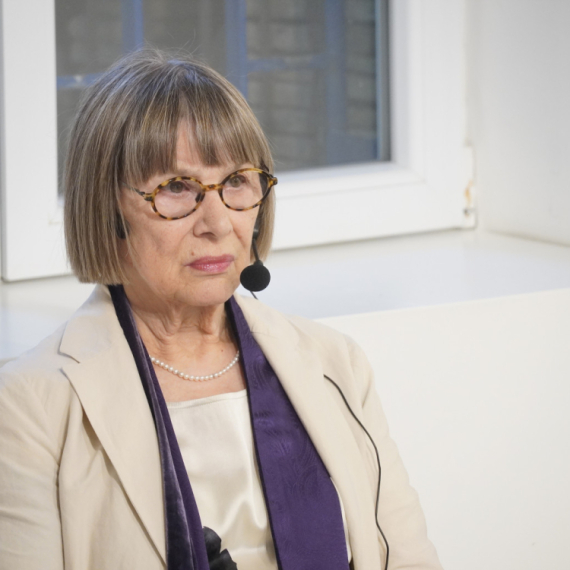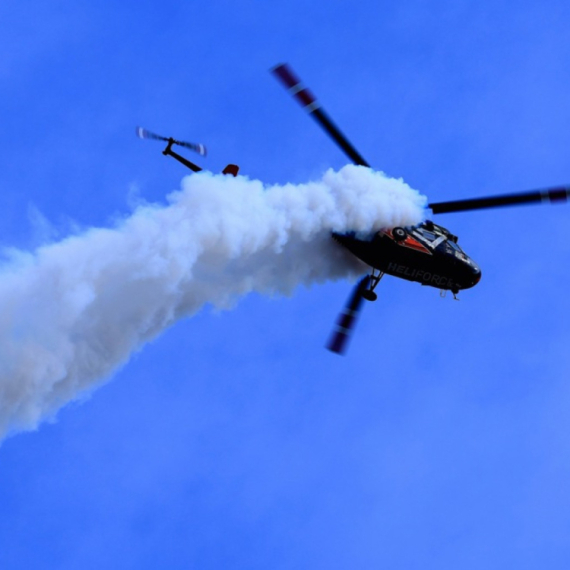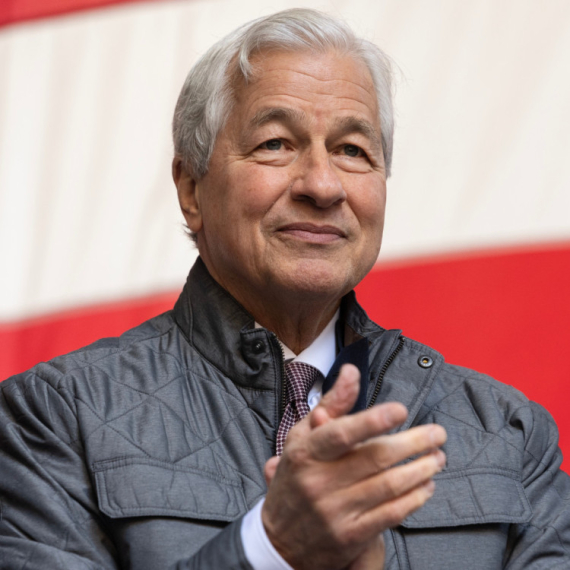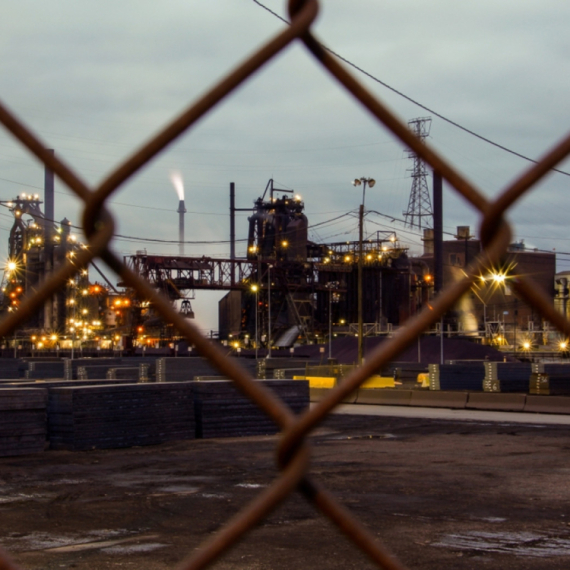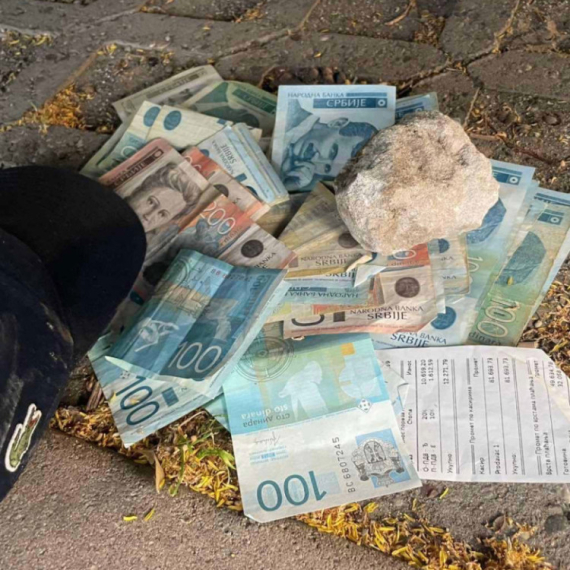The nuclear conflict between Iran and Israel has escalated following a series of missile strikes and air raids. Iran launched missile attacks on Israeli cities, while Israel retaliated with airstrikes on Iranian nuclear and military targets. High-ranking Iranian officials, including the head of the Revolutionary Guard’s intelligence service, were killed in the attacks. This escalation led to the cancellation of nuclear talks between Iran and the US, while the international community calls for diplomatic solutions and de-escalation. The Israeli Prime Minister stated that all Iranian targets will be attacked, while Iran claims it is defending itself from aggression. The situation has raised concerns about a potential wider conflict in the region.
Political Perspectives:
Left: Left-leaning sources emphasize the human cost of the conflict, highlighting civilian casualties and the dangers of military escalation. They often call for diplomatic solutions and criticize aggressive military actions by both sides, stressing the need for peaceful negotiations and humanitarian considerations.
Center: Centrist sources provide balanced coverage, reporting on the military actions and political statements from both Iran and Israel. They focus on the facts of the conflict, the impact on regional stability, and the international diplomatic efforts to resolve the crisis. They highlight the complexity of the situation without overt bias.
Right: Right-leaning sources tend to emphasize Israel’s right to self-defense against Iranian aggression and the threat posed by Iran’s nuclear program. They often support strong military responses and criticize Iran’s actions as destabilizing and threatening to regional and global security. They may also highlight Iran’s refusal to abandon its nuclear ambitions.
